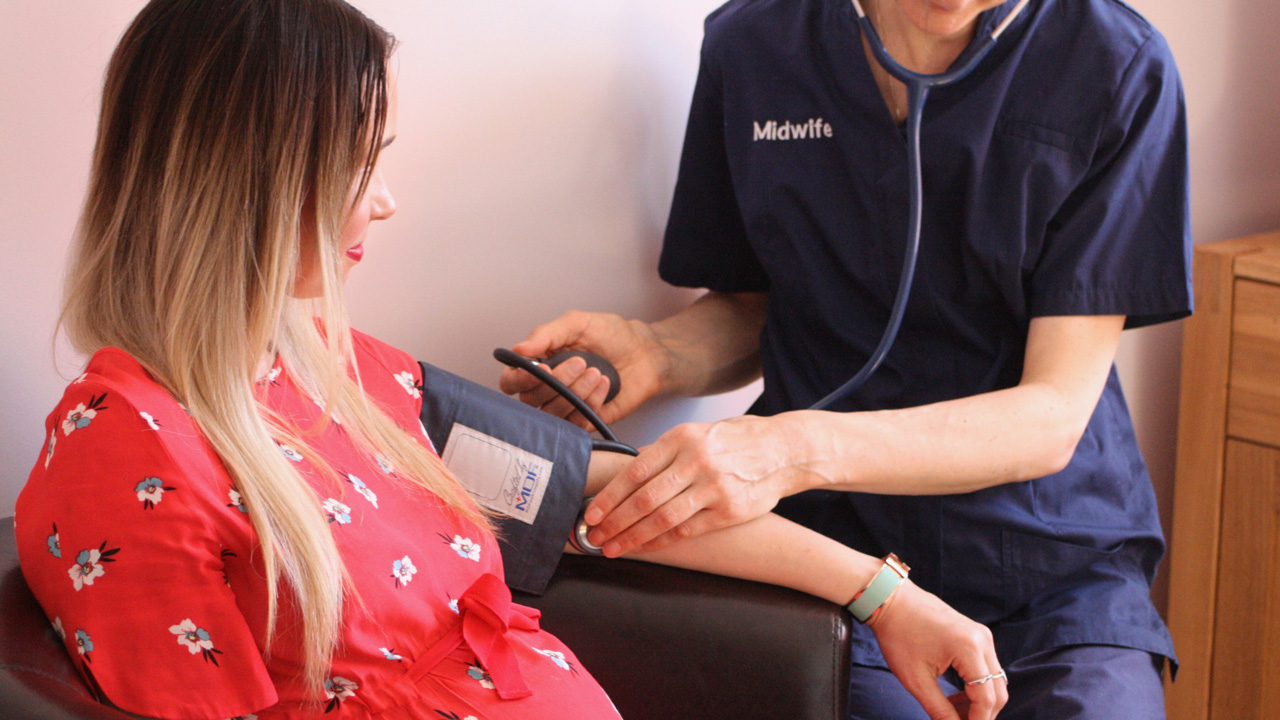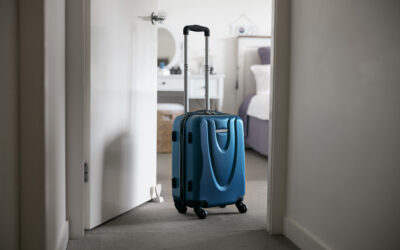It would be rose-tinted to pretend working as a midwife is an easy job… that is the ‘enormity’ bit and it is all too common to find ourselves overwhelmed, in levels of shock and/or exhausted at the end of a shift. What happens next is key to how we feel ongoingly.
Do we focus on all that did not go great or do we hold fast with the knowing that what we bring to women and their families makes a huge difference, often beyond our understanding, and appreciate the opportunities in our roles as midwives to touch and support others?
How many times do we hear ourselves and/or colleagues moaning about our days and handing over the ‘stress baton’ to those coming onto the next shift? And if we are honest does this support anyone? Do we do this because it has simply become a default position and habit in our midwifery and health care communities?
For me I know the impact of the approach that ignores how we really feel and dismisses our love for our work… I did this for years. Coffee, alcohol, chocolate, late nights and hangovers were my companions during this time. On reflection I can see how destructive this was, wasting my days off feeling ill, recovering from whatever I did the night/day before and then feeling annoyed with myself for not taking advantage of the opportunities of my days off; coming to the end of days off wondering what had happened to them and certainly not feeling ready or refreshed to return to work.
I was tired most, if not all the time, was plagued by volatile mood swings, certainly did not feel vital and became resentful of a job I knew I loved, none of which made sense.
I began to question if there was a different way to do this? And with the support of some inspiring friends explored some different choices.
By no means rules, I share here some of the simple things I have done to support me:
- No more late nights – I take myself to bed (shifts allowing) earlier and do not watch late night TV, drink last minute bottles of wine, tuck into snacks and/or late meals/takeaways or lose myself in social media in bed before turning off the light
- Listening to my body more – simply paying attention to how it feels and what it communicates to me, for example, going to the toilet when my body suggests it and tucking myself up in bed when I am tired
- Yes some exercise too – a daily walk (even if it is 15 minutes in a break), a visit to the gym before work, any opportunity to say hello to and build a relationship with my body
- Having a bath or shower before going to bed – space to let go of the day or night and make the transition to rest
- Staying hydrated (too many memories of feeling like a dried up prune at the end of work)
- Experimenting with food, noticing which foods leave me feeling lethargic or sleepy and which help me stay alert and present; really considering what will support me at work and how much
- Taking a break even if it is only for a few minutes. Being off the ward and outside (weather permitting) makes a huge difference
- I spot when I slip into auto-pilot at work and use these moments as reminders to stay aware of what I am doing and the quality with which I am doing it
- Acknowledging that there is often an intensity at work, frenetic activity passed from shift to shift, but I can choose not to get caught up in it.
These days things are very different for me. I have made simple changes that have turned around a previous destructive cycle and have supported me to re-engage with my purpose and love for working as a midwife.
And what I have come to realise is that I always have a choice. I love midwifery and know that when I look after myself I can be in the intensity of this work environment but not at the mercy of it.



